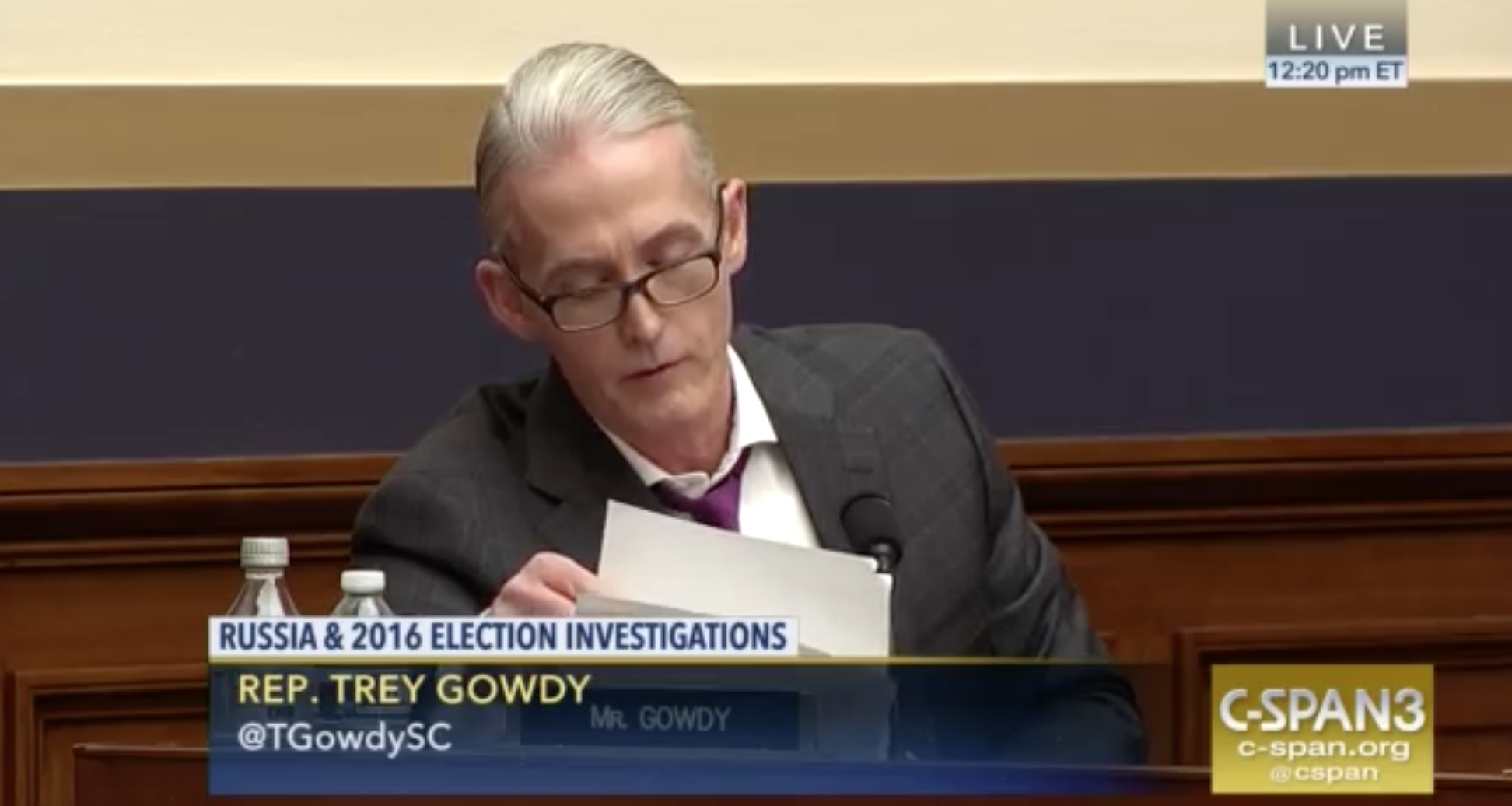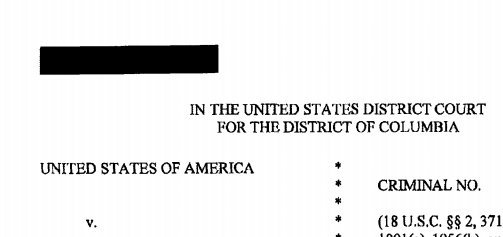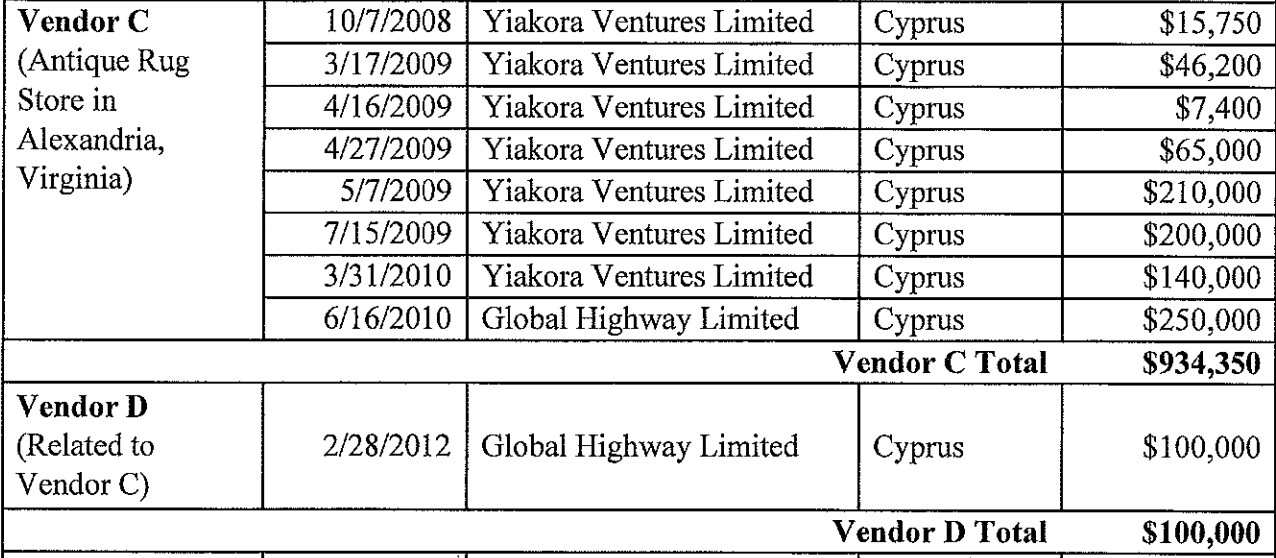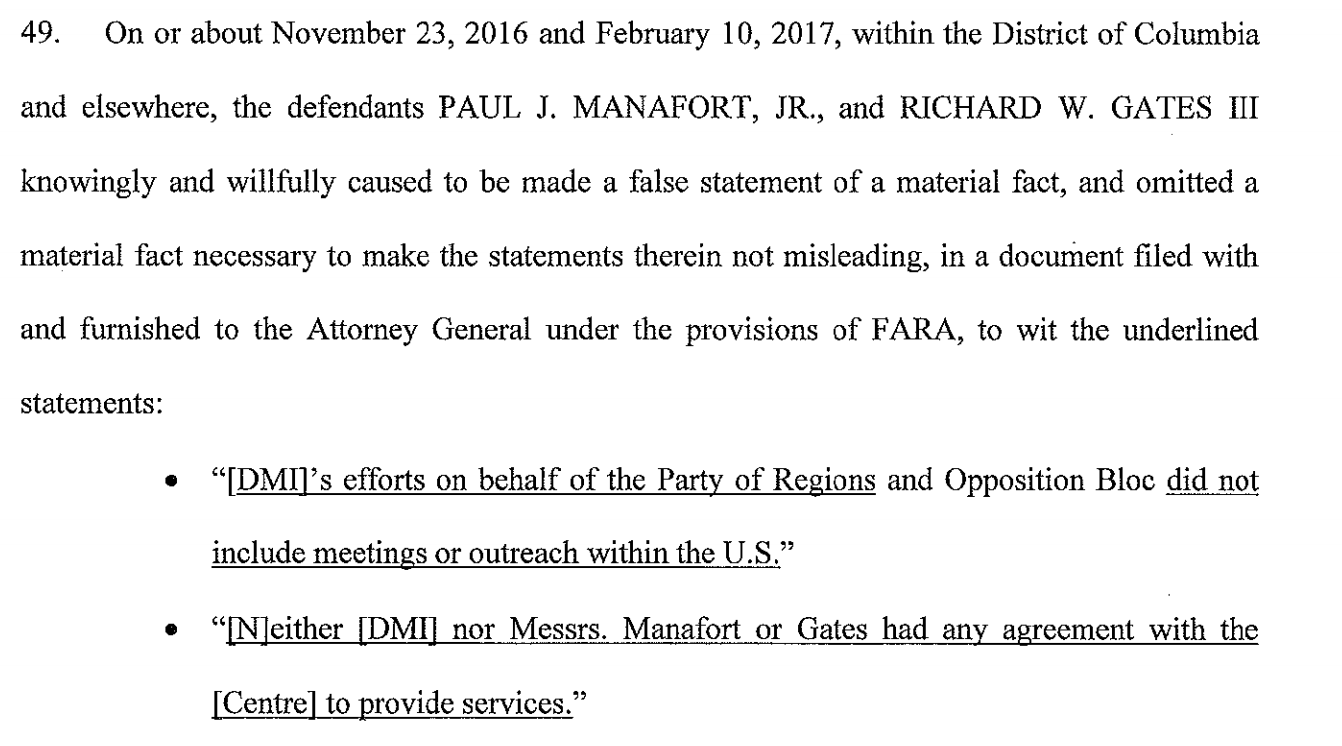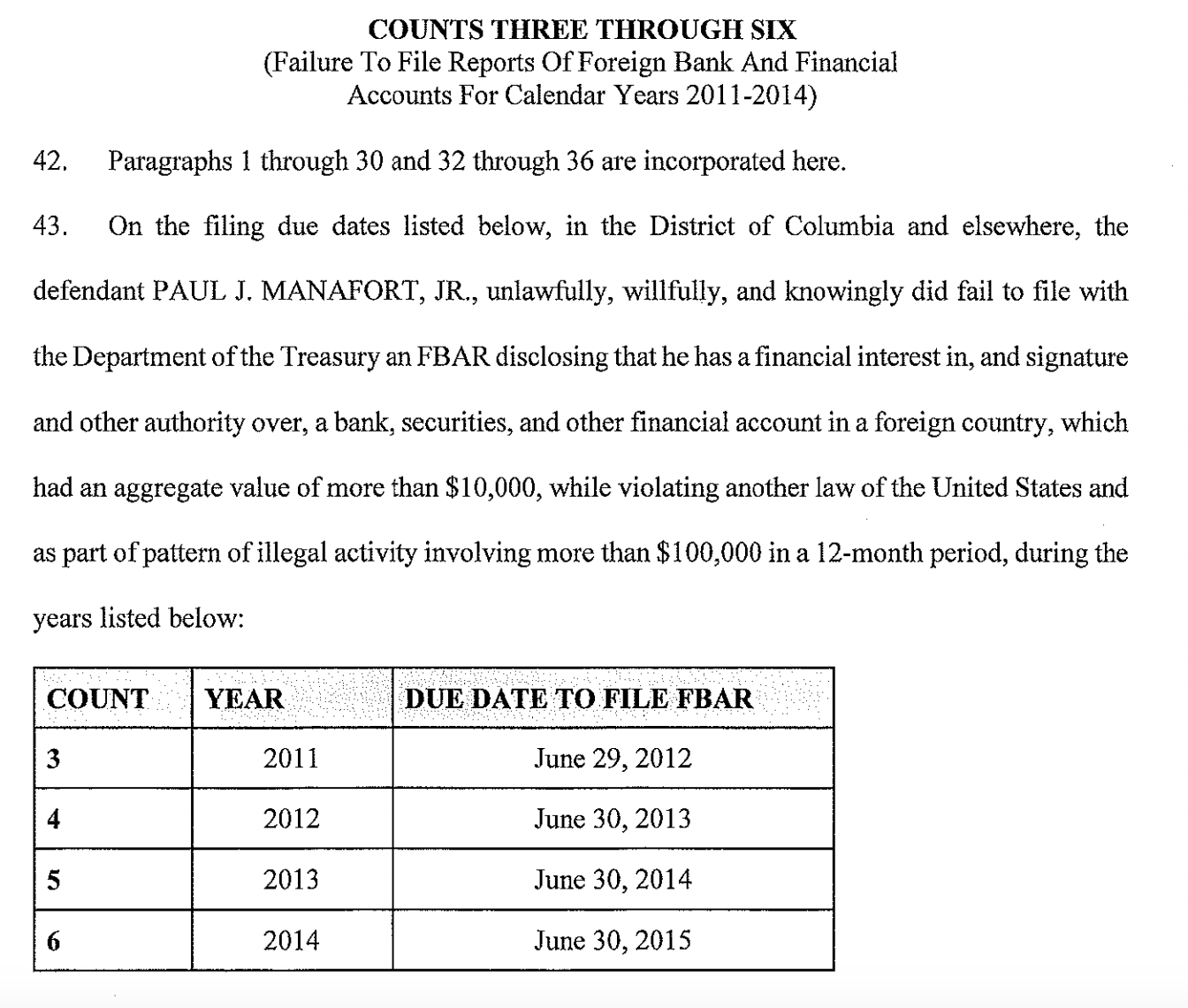How Does the Strzok Text Dump Differ from Jim Comey’s July 5, 2016 Speech?
I’m a bit bemused by the response to DOJ’s release of the texts between Peter Strzok and Lisa Page. As Rod Rosenstein testified before HJC yesterday, the release came after notice to Strzok and Page through their lawyers. The release of the texts came with the approval of DOJ IG Michael Horowitz — who says the investigation into the underlying conduct may last through spring. And Rosenstein strongly implied he wanted them released, taking responsibility for it (while claiming not to know whether Jeff Sessions had a role in their release).
As he explained to Trey Gowdy — who, like a number of Republicans, claimed to be at a loss of what to say to constituents who asked “what in the hell is going on with DOJ and the FBI” — the release of the texts proves that any wrongdoing will be met with consequences.
Gowdy: What happens when people who are supposed to cure the conflict of interest have even greater conflicts of interests than those they replace? That’s not a rhetorical question. Neither you nor I nor anyone else would ever sit Peter Strzok on a jury, we wouldn’t have him objectively dispassionately investigate anything, knowing what we now know. Why didn’t we know it ahead of time, and my last question, my final question — and I appreciate the Chairman’s patience — how would you help me answer that question when I go back to South Carolina this weekend?
Rosenstein: Congressman, first of all, with regard to the Special Counsel, Mr. Strzok was already working on the investigation when the Special Counsel was appointed. The appointment I made was of Robert Mueller. So what I’d recommend you tell your constituents is that Robert Mueller and Rod Rosenstein and Chris Wray are accountable and that we will ensure that no bias is reflected in any actions taken by the Special Counsel or any matter within the jurisdiction of the Department of Justice. When we have evidence of any inappropriate conduct, we’re going to take action on it. And that’s what Mr. Mueller did here as soon as he learned about this issue — he took action — and that’s what I anticipate the rest of our prosecutors, the new group of US Attorneys, our Justice Department appointees. They understand the rules and they understand the responsibility to defend the integrity of the Department. If they find evidence of improper conduct, they’re going to take action.
So Congressman, that’s the best assurance I can give you. But actually, there’s one other point, which is you should tell your constituents that we exposed this issue because we’re ensuring that the Inspector General conducts a thorough and effective investigation, and if there is any evidence of impropriety, he’s going to surface it and report about it publicly.
I actually think Rosenstein did a much better job than others apparently do, yesterday, at distinguishing between the Strzok texts (which apparently were on DOJ issued cell phones and, in spite of having Hillary investigation subject lines may not have been logged into Sentinel) and the political views of Andrew Weissmann or the past representation of Jeannie Rhee. Furthermore, he repeatedly said he would only fire Mueller for cause, and made it clear there had been no cause. Several times he talked about how closely he has worked with Mueller, such as on the scope of what gets included in his investigation (even while defending the charges against Manafort as appropriately included).
That said, I wonder how Rosenstein distinguishes, in his own mind, what he did in approving the release of the texts from an ongoing investigation and what Jim Comey did on July 5, 2016, when he gave a press conference about why Hillary Clinton had not been charged. While Rosenstein’s biggest complaint in his letter supporting the firing of Comey was that he substituted his decision for that of prosecutors, he also argued that the Department shouldn’t release derogatory information gratuitously.
Compounding the error, the Director ignored another longstanding principle: we do not hold press conferences to release derogatory information about the subject of a declined criminal investigation. Derogatory information sometimes is disclosed in the course of criminal investigations and prosecutions, but we never release it gratuitously. The Director laid out his version of the facts for the news media as if it were a closing argument, but without a trial. It is a textbook example of what federal prosecutors and agents are taught not to do.
In response to skeptical question at a congressional hearing, the Director defended his remarks by saying that his “goal was to say what is true. What did we do, what did we find, what do we think about it.” But the goal of a federal criminal investigation is not to announce our thoughts at a press conference. The goal is to determine whether there is sufficient evidence to justify a federal criminal prosecution, then allow a federal prosecutor who exercises authority delegated by the Attorney General to make a prosecutorial decision, and then – if prosecution is warranted – let the judge and jury determine the facts. We sometimes release information about closed investigations in appropriate ways, but the FBI does not do it sua sponte.
In some ways this is worse because of the off chance that Inspector General Michael Horowitz finds that these texts don’t merit some kind of response; the investigation is not finished yet.
That said, I actually do think there’s a difference: Strzok and Page are department employees, rather than subjects of an external investigation. DOJ exercises awesome power, and usually DOJ is releasing the texts of private citizens in this kind of embarrassing way.
Even former clearance holders seem surprised that these texts were discovered. It is unbelievable to me how few people understand the great liberty that counterintelligence investigators like Strzok can have in obtaining the communications of investigative targets like he has now become, particularly during leak or insider threat investigations. That may not be a good thing, but it is what other targets have been subjected to. So I think it reasonable to have FBI’s own subject to the same scrutiny, for better and worse.
I do think it worthwhile for DOJ to show that it will hold people accountable for improper actions.
Plus, aside from one August comment — which we may obtain more context on when Horowitz does finish this investigation — about an “insurance” policy against Trump, the texts simply aren’t that damning (though they do raise questions about Strzok’s role in the investigation). Strzok agrees with Rex Tillerson, after all, that Trump is an idiot.
So as far as that goes, I’m actually okay with Rosenstein’s release of these texts.
Except I worry about something else.
I actually worry less about Mueller getting fired than just about every other Trump opponent on the planet. Rosenstein seems intent to let him do his work, and (notably at several times during the hearing) seems to agree with the gravity of the investigation. Trump can’t get to Mueller without taking out Rosenstein (and Rachel Brand). And I actually think Rosenstein has thus far balanced the position of a Republican protecting a Republican from Republican ire fairly well. I expect the next shoes Mueller drops — whenever that happens — will change the tone dramatically.
What bothers me most about the release of these texts, however, is that they are a response to the same pressure that Comey was responding to (and which he thought he was smart enough to manage, just as Rosenstein surely thinks he can handle it here).
They are a response — from the same people who ran the Benghazi investigation then ignored DOJ’s prosecution of the Benghazi mastermind — to a willingness to challenge the very core of DOJ functionality, all in a bid to politicize it.
Perhaps Rosenstein is right to bide his time — to create space for Mueller to drop the next few shoes — with the release of the Strzok texts.
But at some point, Republicans need to start calling out Republicans for the damage they’re doing to rule of law with this constant playing of the refs, this demand for proof that Democrats aren’t getting some advantage through the rule of law. If those next shoes don’t have the effect I imagine, it may be too late.

